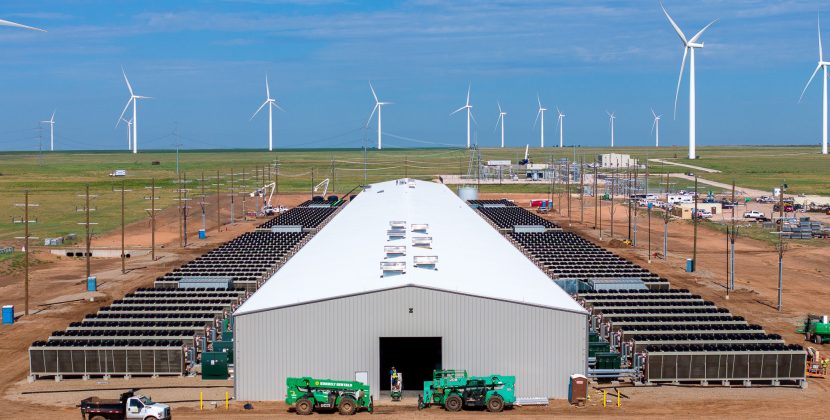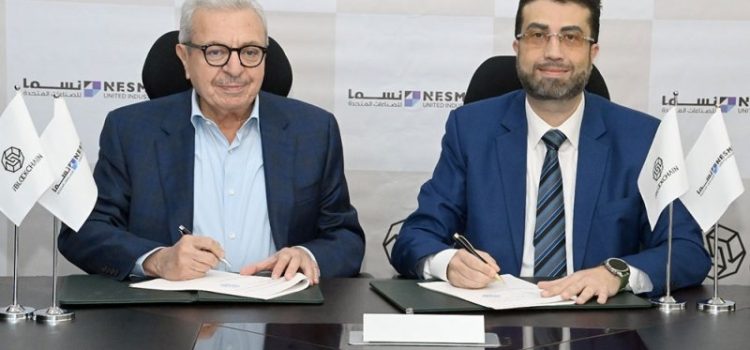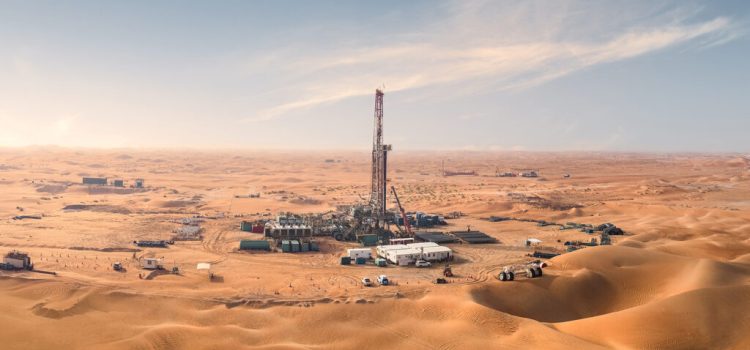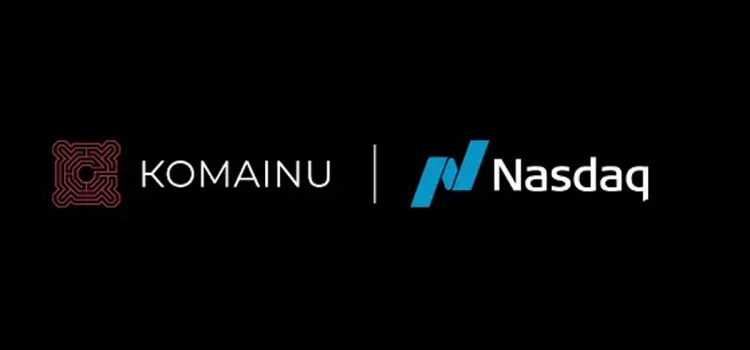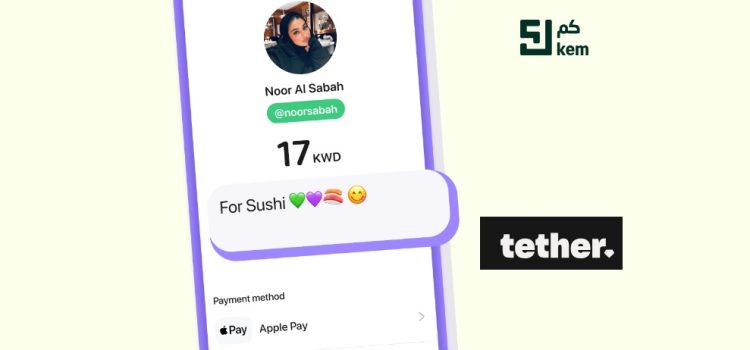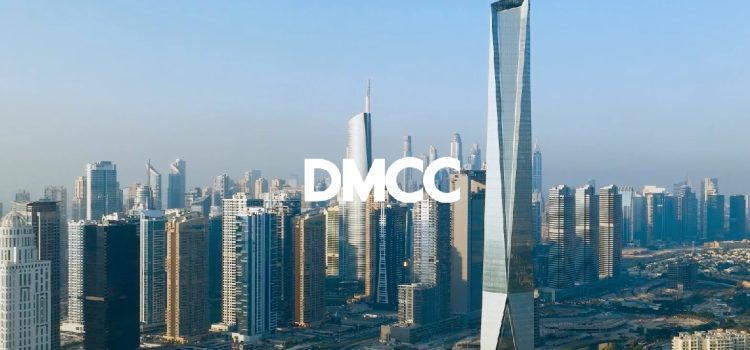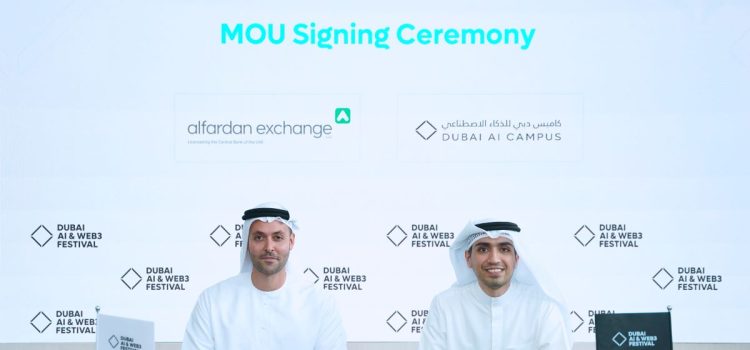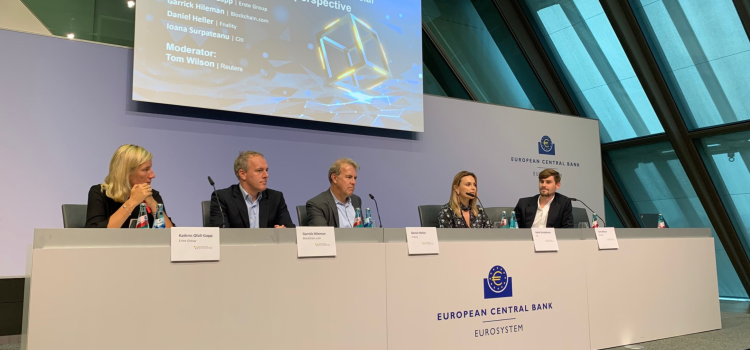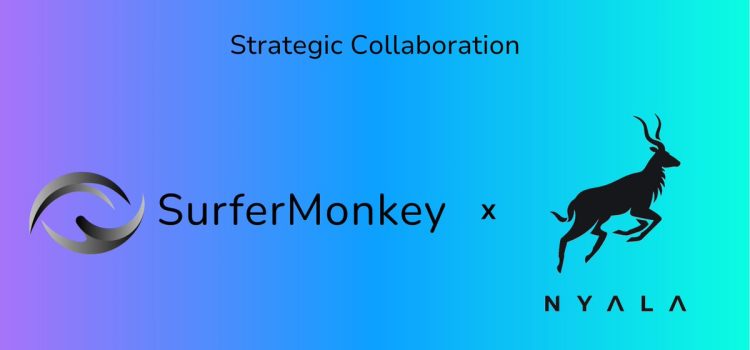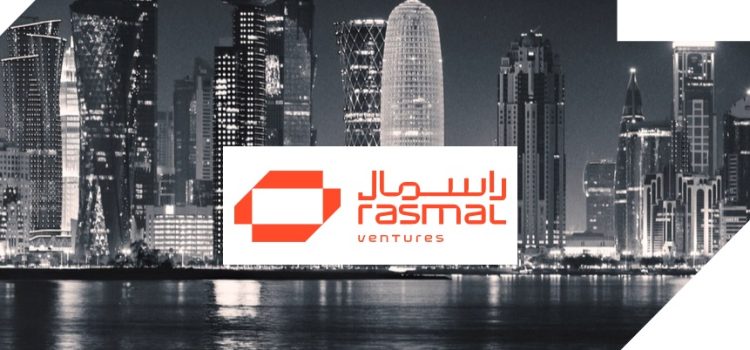
Bahrain headquartered iBLOCKCHAIN, a Web3 digital solutions provider, has partnered with Saudi Arabian Nesma United Industries, a prominent technology provider for the industrial sector in Saudi Arabia to advance “Intelligent Transformation” within Saudi Arabia’s industrial sector.
The agreement was signed by both chief executive officer Dr. Marwan Gholmieh of Nesma United Industries and iBLOCKCHAIN CEO Eng. Wassim Jarkas.
As per the press release, the initiative aligns with the ambitious objectives of Saudi Vision 2030 and underscores the critical intersection between industrial and technological sectors in the region.
Mr Jarkas emphasised the significance of this partnership, stating, “This unique transformation agreement ushers in a new era of ‘Intelligent Transformation’ rather than just digital transformation. Our collaboration with Nesma United Industries is a testament to their forward-looking vision and commitment to pioneering disruptive changes in the industry. We at iBLOCKCHAIN are proud to lead in this revolutionary approach, setting the stage for unprecedented advancements in both technological innovation and industrial excellence.”
This collaboration will integrate cutting-edge technologies including Web 3.0, big data management, artificial intelligence, advanced data analytics, and Blockchain solutions. The press release adds, “These innovations will not only protect critical data but also ensure transparency and traceability within supply chains, setting a new standard for industrial operations in the region.”
A roadmap has been established, featuring four distinct phases: Discovery, Analysis, Processing, and Execution. This structured approach will guide the successful implementation of the project, ensuring that the partnership delivers on its promise of transformative impact.
Dr Gholmieh expressed his enthusiasm for the collaboration, stating, “This partnership opens up vast opportunities for comprehensive digital transformation. It will significantly enhance our technological and operational capabilities, preparing us to lead in the digital future.”
Echoing this sentiment, Chief Strategy Officer at iBLOCKCHAIN Engineer Sary Qasim remarked, “This agreement represents a big leap forward for both the technological and industrial sectors.”

